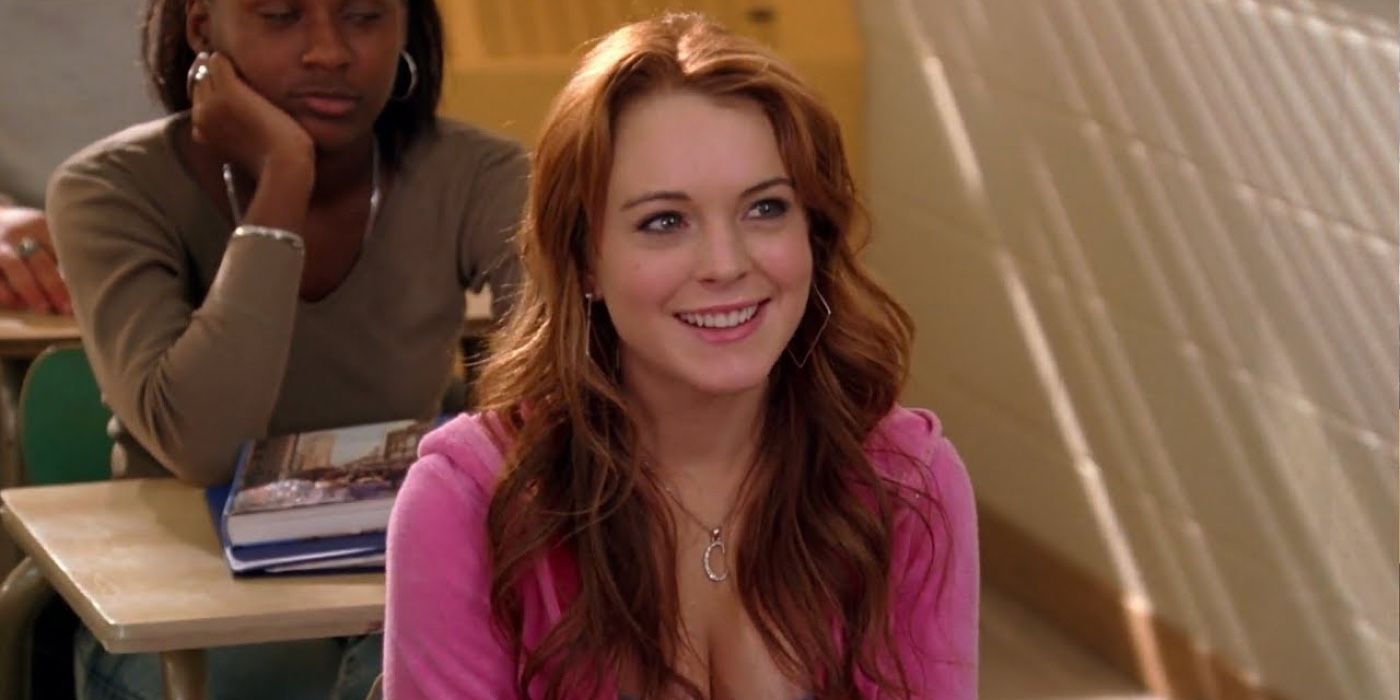Who comes to mind when thinking of the most effective and admired narrators of all time? Morgan Freeman is sure to be first on anyone's list. With narration roles in documentaries, films, television, audiobooks and commercials, he's earned that top spot. Freeman adds another level of storytelling to any project he's involved in.
Many classic movies have the added depth of narration to make them even better and more memorable. Whether it's an adult retelling childhood tales of the past or a matter-of-fact summary of what's happening in the present, well-written narration elevates the audience experience when done well.
'Fight Club' (1999) – Edward Norton
The film ended up becoming a cult classic, but Fight Club did not premiere with that same success. The unnamed narrator and antagonist, played by Edward Norton, adds his explanation and perspective to the dark and elaborate story.
As Brad Pitt's unforgettable character, Tyler, enters the narrator's life, it is discovered throughout the movie that the two are deeply intertwined. Love interest Marla, portrayed by Helena Bonham Carter, becomes entangled in the guys' dramatic and dangerous escapades. Without the narration from the insomniac main character, the film would be missing an important element crucial to the tone and understanding of the entire piece.
'The Sandlot' (1993) – David Mickey Evans
It's a tale depicting a 1962 summer. In The Sandlot, baseball is life for one neighborhood crew. David Mickey Evans (who co-wrote, directed, and narrated the film) is able to describe what the young Scotty Smalls is feeling as the recent changes in his life include a new stepdad and an unfamiliar community.
Smalls is convinced by a welcoming and confident kid to try out a sport he is unfamiliar with. The narrator's perspective helps viewers more deeply grasp the scenes (and hilarious situations) that follow. The movie ends with Smalls and Benny "The Jet" Rodriguez as adults, still connected and still loving the game that brought them together. It evokes such strong emotions because the narration summarizes how the duo starts, where they end up, and what their childhood buddies are doing decades after that legendary summer.
'Goodfellas' (1990) – Ray Liotta
The cool and smooth voice of the legendary (and missed) Ray Liotta portraying mob member Henry Hill in Goodfellas, is reason enough to approve of the narration in the iconic movie. While classic and catchy tunes play in the background, Henry Hill's narration includes important context and backstories. It certainly adds to the film and its appeal.
Mobsters, whether fictional or real, aren't typically the loose-lipped type. Gangsters often get into troublesome situations when sharing too much. Narration is a clever way to communicate key information to the audience without taking away from the authenticity of the characters.
'Stand By Me' (1986) – Wil Wheaton
Stand By Me is the story of four boys heading out to look for a dead body in 1959. Although the main characters are not even teenagers, the takeaways from the timeless movie are mature and significant. Throughout the film, Wil Wheaton's character, Gordie, is seen and heard reflecting on that adventure from long ago.
Too young to understand the impact as it was happening, the narration naturally adds perspective and emotion. Richard Dreyfuss, portraying Gordie as an adult, perfectly communicates that the experience from years earlier was a turning point for the boys as they transitioned from innocent kids to young men getting that first taste of the real world.
'Apocalypse Now' (1979) – Francis Ford Coppola
The troubled making of Apocalypse Now seems almost as chaotic as the most intense scenes in the final product. It is often considered one of the best movies ever made, but it probably comes as no surprise that even the narration aspect made waves.
After being over budget and overdue, the idea of not using the already recorded voiceover was brought up. The iconic director, Francis Ford Coppola, knew that scenes would need to be changed and added without that piece of the puzzle. With no time or money, he decided to get help rewriting the narration and did the final voiceover himself. A real Hollywood Apocalypse was avoided, and a beloved classic was born.
'Clueless' (1995) – Alicia Silverstone
A fresh take on the traditional teen movie formula, Clueless is a memorable flick for both its original fans and those just discovering this gem. The entire cast is perfectly imperfect together. Then there's the bonus of getting the main character's inner thoughts through her narration.
With Cher, played by Alicia Silverstone, providing voiceover updates throughout the film, viewers are able to see that the lovable fashionista is far more insightful than her outer Beverly Hills image may convey. Her thoughtful observations about those in her life make her even more appealing and relatable to the audience.
'American Psycho' (2000) – Christian Bale
As American Psycho begins, the narration provided by Patrick Bateman gives the audience a glimpse into his life and his increasingly worrisome inner thoughts. The voiceover approach allows viewers to be introduced to Christian Bale's character (a wealthy New York City banker) without taking him out of his regimented routine.
For a man who admits he has no emotion besides greed and disgust, the present tense narration provides details about a character who wouldn't share these insights out loud. With his increasing urge to murder both strangers and those he despises, Patrick Bateman begins to wonder what's real.
'Trainspotting' (1996) – Ewan McGregor
Making the brave and difficult decision to stop using heroin, Mark Renton, played by Ewan McGregor, experiences relapses, arrests, obstacles and a new understanding of who he can and can't trust. Trainspotting follows Renton as he begins his journey toward sobriety.
With the main character in and out of awareness, including the third-person voiceover (along with embedded narration from other characters' perspectives) is a great way to share more about the people and backstories involved.
'The Shawshank Redemption' (1994) – Morgan Freeman
This highly respected film centers around the story of Tim Robbins' character, Andy Dufresne. However, it's Red, played by Morgan Freeman, who shares the story from his perspective. As fellow prisoners, Andy and Red form a bond that ends up filling them with the hope they need to get them through the time spent in the Shawshank State Penitentiary.
Done in first person, the narration is an invitation to the audience to come along on the journey. Unlike some films on the list, what Freeman shares in The Shawshank Redemption doesn't seem to be used for explanation. Instead, his poetic words add beauty to a dark story. This humanizes the imprisoned main characters, making the film's ending even more beautiful.
'Mean Girls' (2004) – Lindsay Lohan
Tina Fey displays her genius writing skills in Mean Girls. The story would be easy enough to follow without hearing from the main character, Cady (with a "C") Heron, but it could be a reminder to the audience that Lindsay Lohan's character truly has no first-hand experience with the traditional high school experience.
While the narration throughout Mean Girls does its job of filling viewers in on pertinent backstories and details, Cady's tone suggests there's more to it. Maybe its purest purpose is to highlight Cady's lack of understanding and her desire to share what she is learning about the high school hierarchy in real-time. Most people, deep down, just want to feel like they fit in.

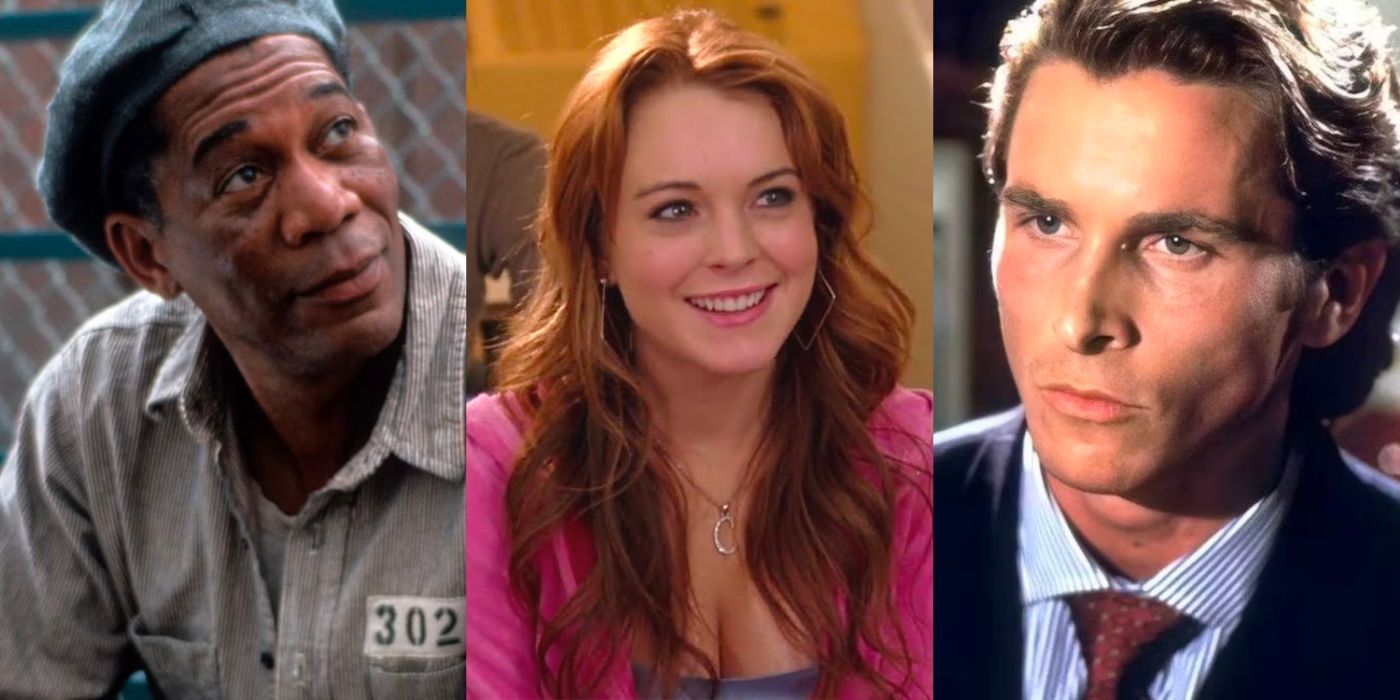
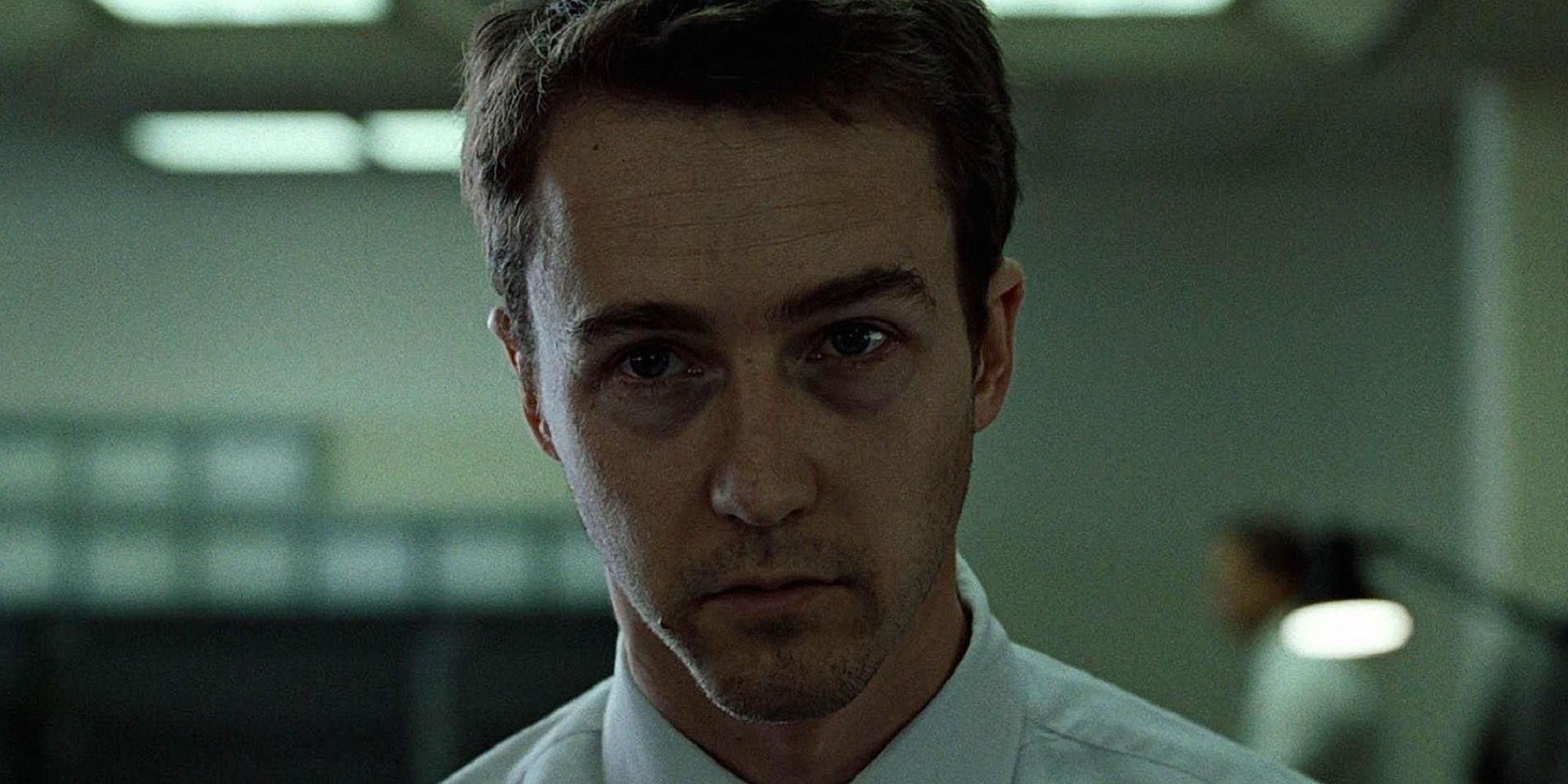
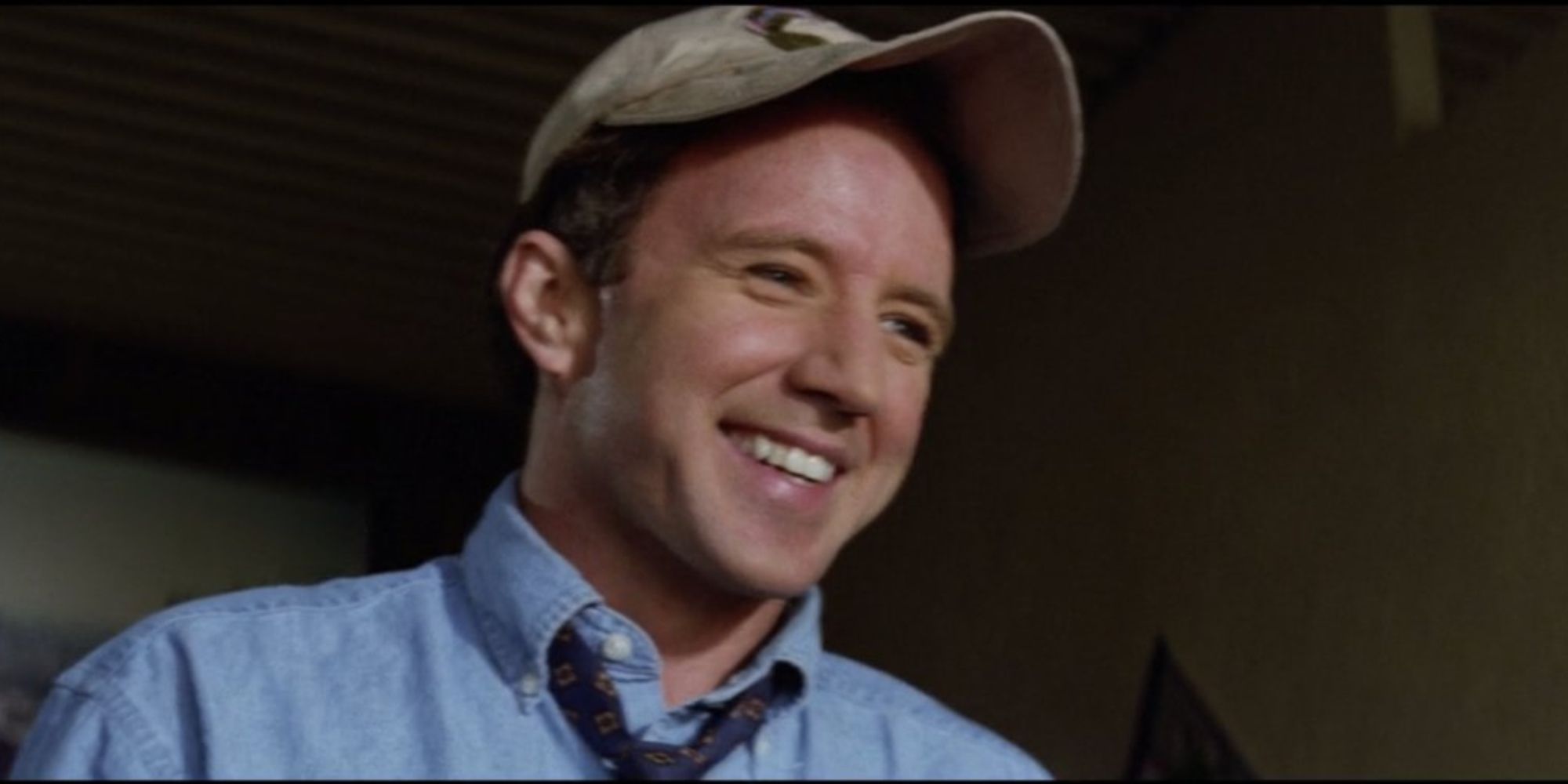
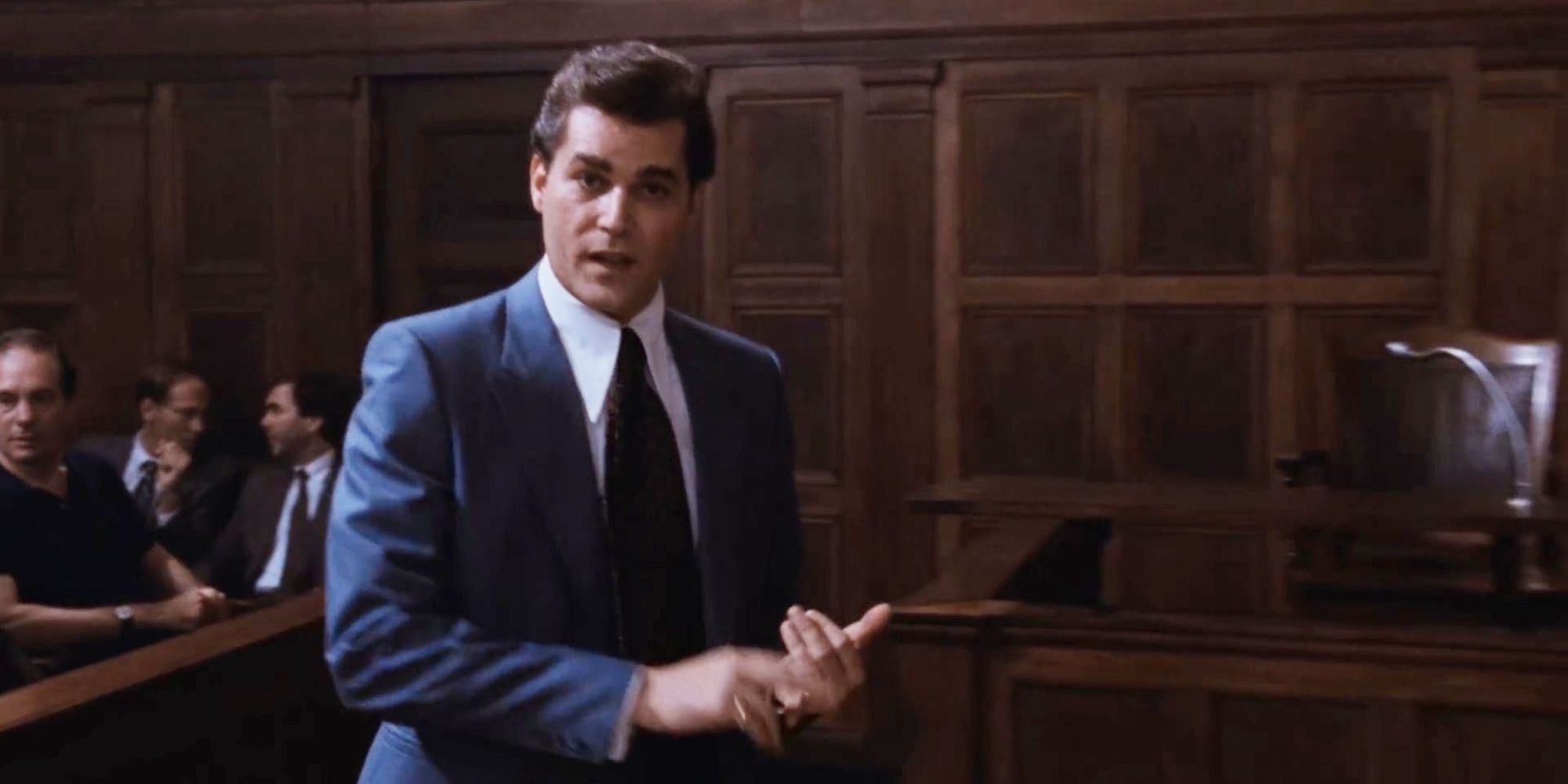
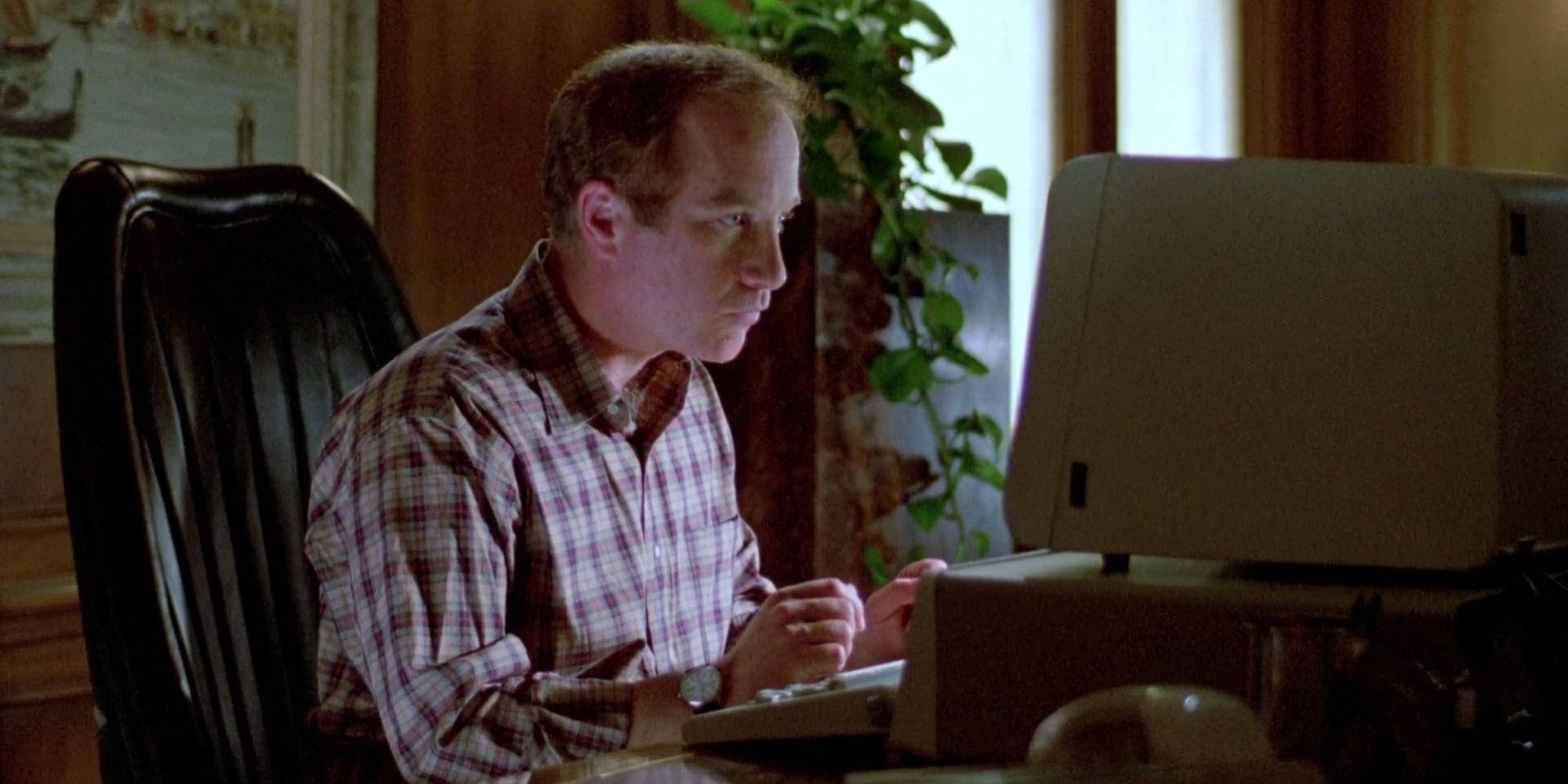
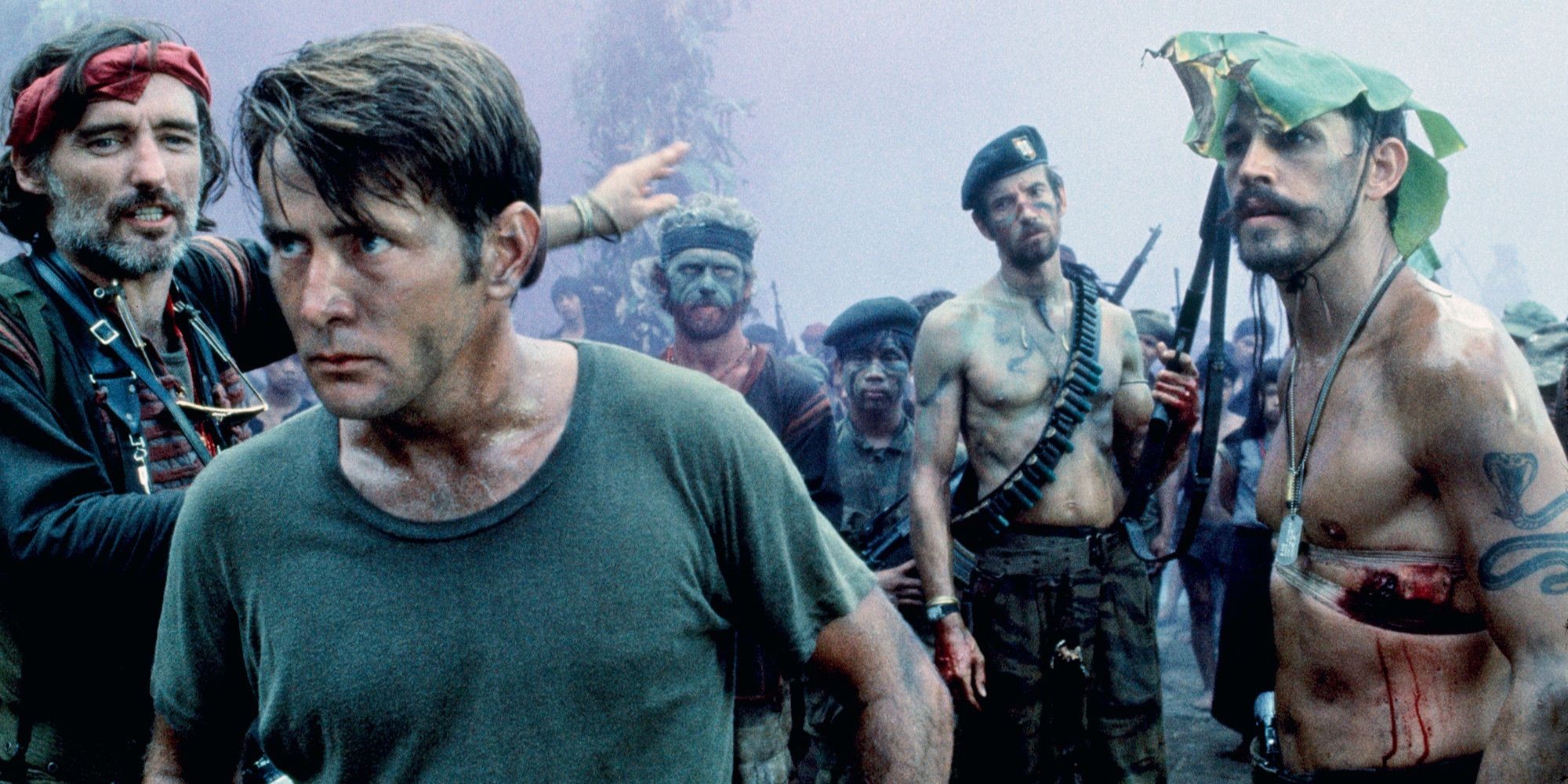
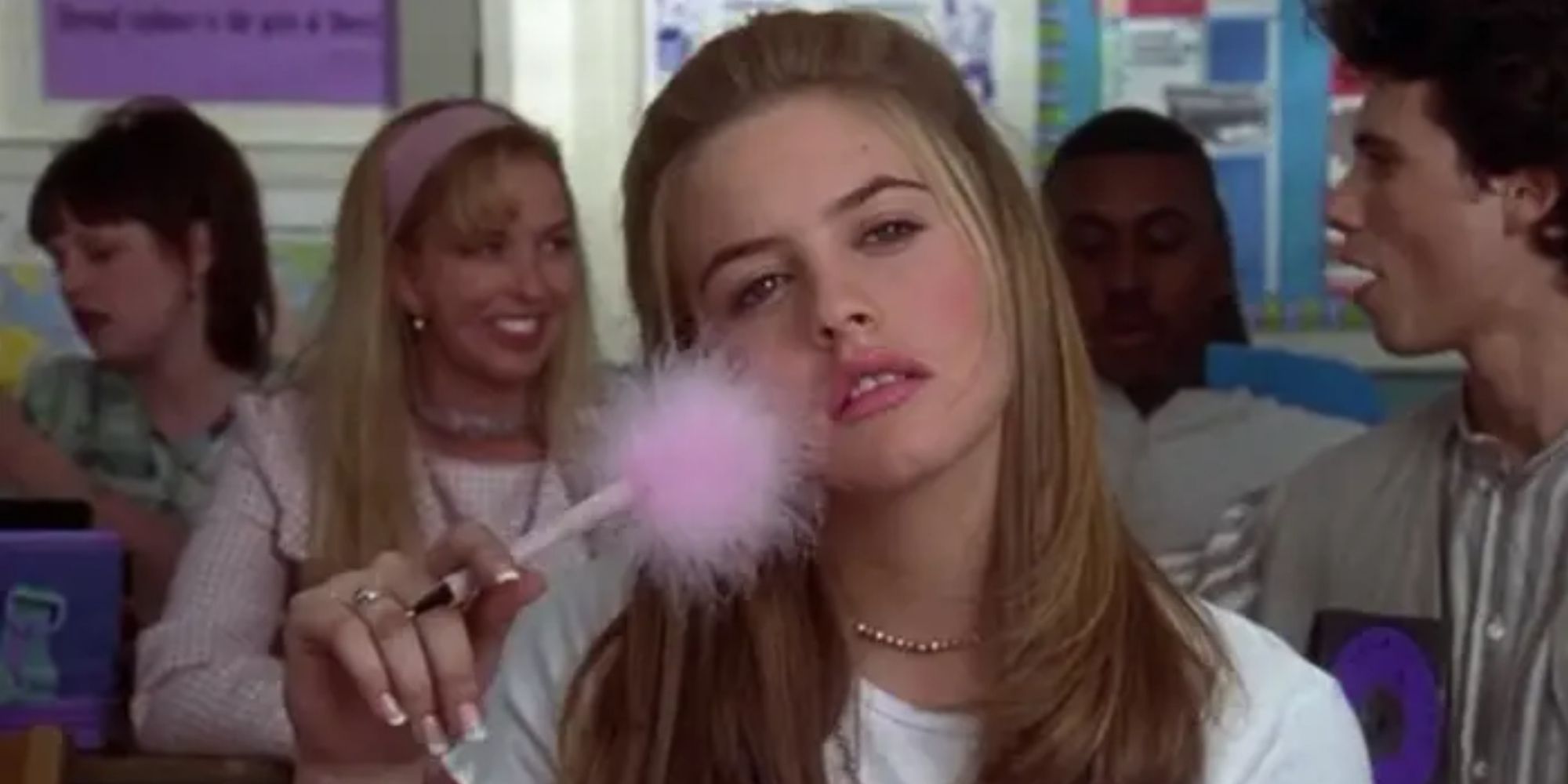
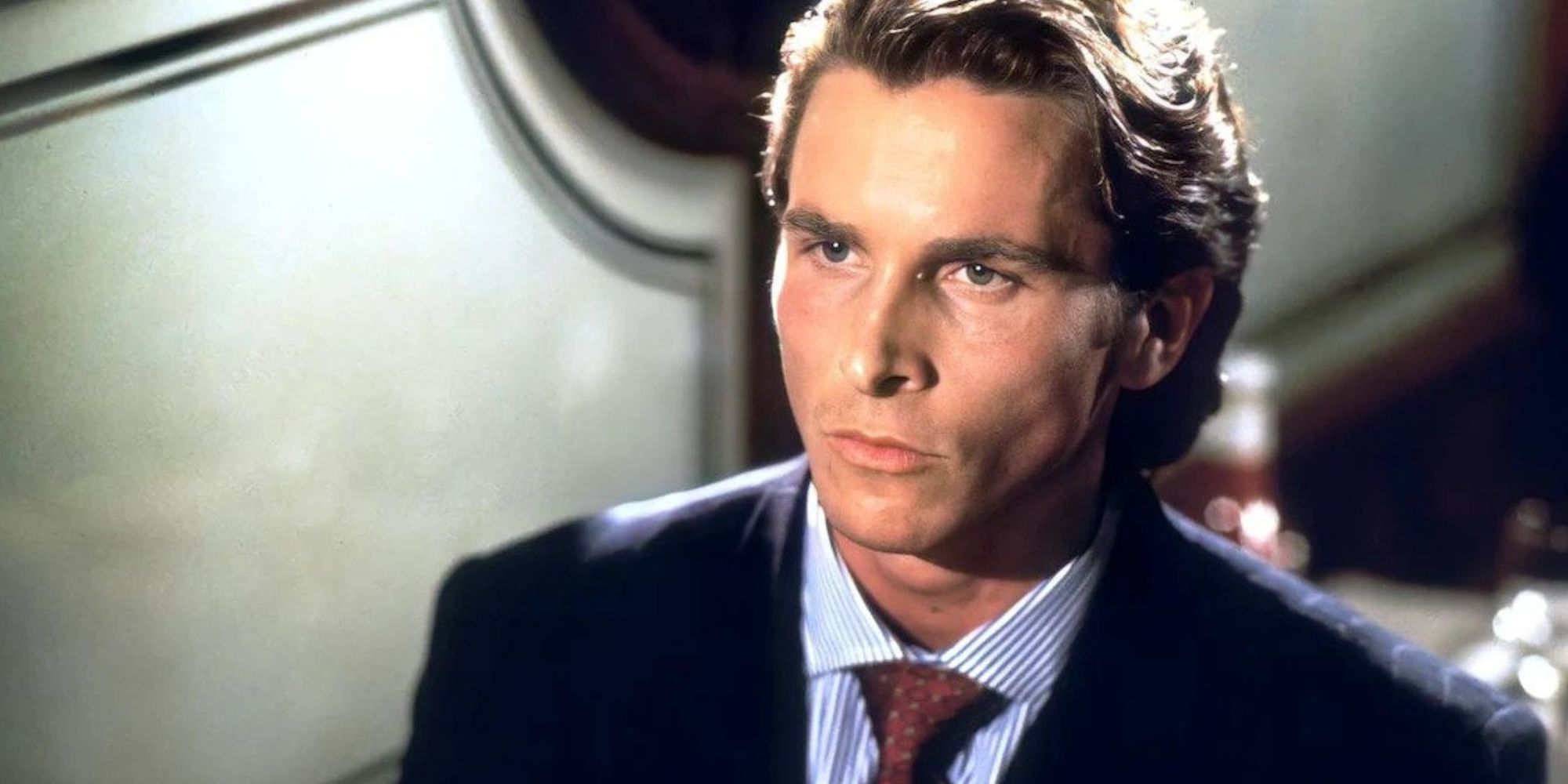
.jpg)

